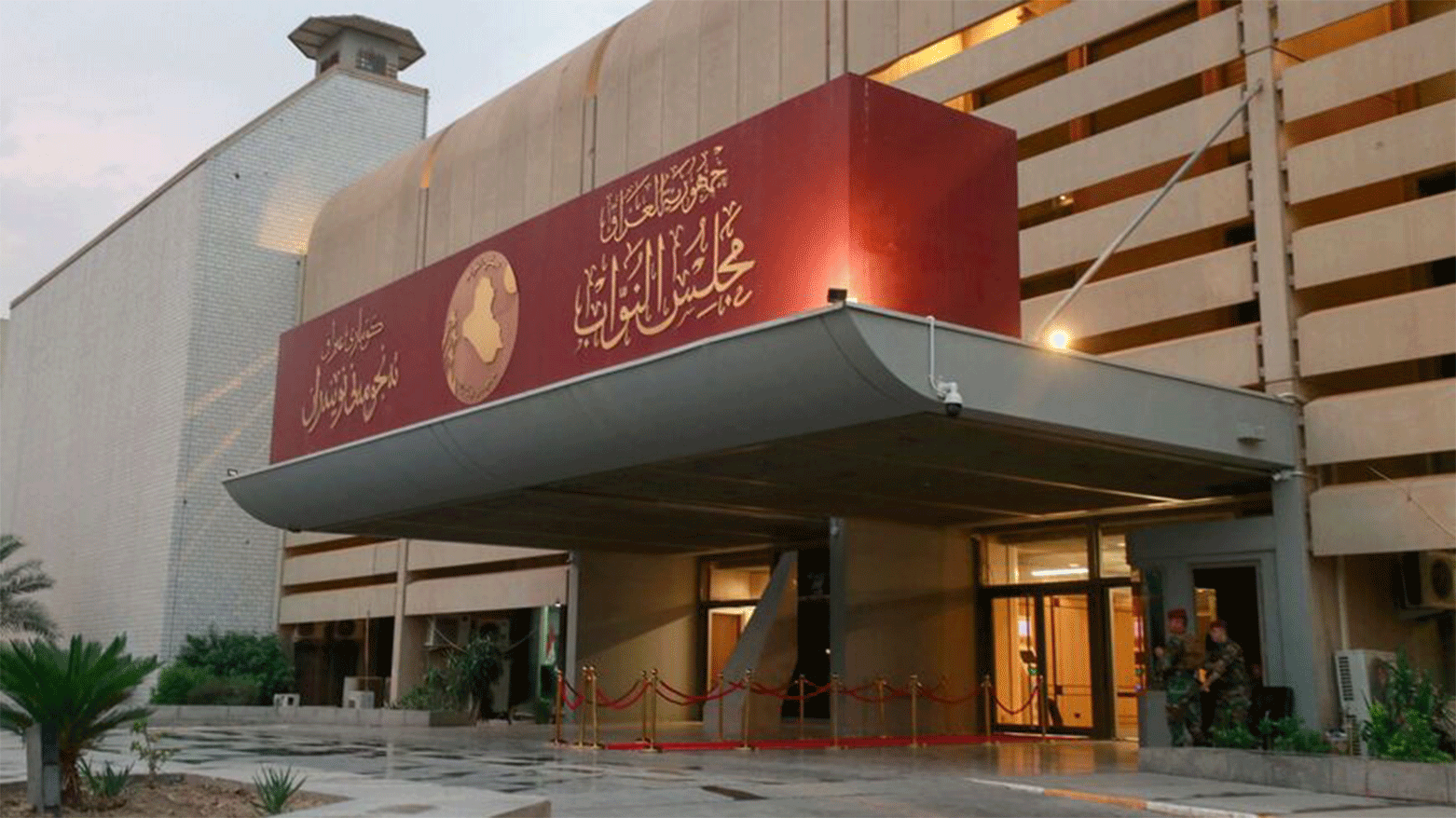Baghdad severely condemns US airstrikes in Jurf Al-Nasr

ERBIL (Kurdistan 24) - Several senior Iraqi officials on Wednesdays issued sharp condemnations of overnight US airstrikes on Wednesday by an AC-130 gunship in the Babylon governorate town of Jurf Al-Nasr that killed eight fighters of the Iran-backed Popular Mobilization Forces (PMF), reportedly belonging to the Kata’ib Hezbollah (KH) faction.
The spokesperson for the office of Prime Minister Mohammed Shia’ al-Sudani, Basim Alawadi, in a statement received by the government-sponsored Iraqi News Agency (INA), said “This action is a blatant violation of sovereignty and an attempt to destabilize the security situation.”
Allegedly, the airstrikes were not coordinated with Baghdad, according to Alawadi.
“We emphasize that the presence of the Global Coalition Against [ISIS] in Iraq is intended to support the work of our armed forces through training and advisory assistance. The recent incident represents a clear violation of the coalition's mission to combat [ISIS] on Iraqi soil. We call on all parties to avoid unilateral actions and to respect Iraq's sovereignty, which will not tolerate any form of violation,” Alawadi added.
The leader of the Nabni Alliance, Hadi Al-Amiri, went as far as to call for an end to an American military presence in the country, “It is necessary to immediately remove American forces and all the forces of the international coalition from Iraq, as their stay will lead to more pure Iraqi bloodshed.”
The Secretary-General of the Asaib Ahl Al-Haq Movement, Qais Al-Khazali, said the airstrikes are a “heinous act on Iraqi sovereignty with all rudeness and arrogance, to prove to the world that the [Americans] do not respect any international laws and customs,” while also adding “We will not be silent and we will not calm down until we avenge the pure Iraqi blood.”
The condemnations mark an escalating war of words by state officials against the Americans, despite earlier cordial relations. On Nov. 5, Prime Minister al-Sudani welcomed US Secretary of State Anthony Blinken, who was seen sporting a bulletproof vest during his visit, in Baghdad.
“In an Oct. 23 conversation I had with Prime Minister Sudani, he said that he condemned the attacks on American forces in Iraq and Syria,” Blinken said in a presser directly after the meeting, suggesting ties were sincere between the two sides.
The airstrikes marked the first time that the Biden administration responded to a strike on US forces with an attack inside Iraq itself.
Read More: U.S. responds to ‘close-range ballistic missile’ attack with strikes in Iraq
An alliance of Shiite paramilitary forces branding itself as the Islamic Resistance in Iraq (IRI) has claimed responsibility for a spate of drone and missile strikes on US and Coalition installations in Iraq and Syria since the outbreak of the Israel-Hamas conflict in early October. While the exact figure is disputed, it is believed there have been 66 such attacks on American and Coalition installations in the region since the Gaza conflict began, according to a Pentagon Report on Tuesday.
While it is unclear what the exact relationship between the IRI and PMF is, the Washington Institute’s Bilal Wahab and Selin Uysal believe that the IRI is merely a rebranding to give its “formal parent organization—the Popular Mobilization Forces, an official Iraqi state organ—more protection from sanctions and legal actions.”
In their report, Wahab and Uysal discuss the unlikelihood of an Iraqi Front opening in the Israel-Hamas conflict, writing “Iraqi militias also have good reason to show restraint. Like their Lebanese ally, Hezbollah, they have become dominant players in the country’s politics, and a full-scale war with the United States would jeopardize their grip on power. Hence, they typically prefer to keep their military activity (if not their rhetoric) against American interests either quiescent or at a low simmer while they continue entrenching themselves in the state and reaping the benefits it provides.”
It is unclear what sort of financial “benefits” the IRI “reaps” from the Iraqi government, but the analysis corroborates an earlier report by the Saudi-based Asharq Al-Awsat on Nov. 5 that the US Coalition forces at Al-Asad Airbase in Anbar province had cut “information exchange channels” with the Iraqi Armed Forces, as the US believed the base’s coordinates and security information were being leaked by insiders.
